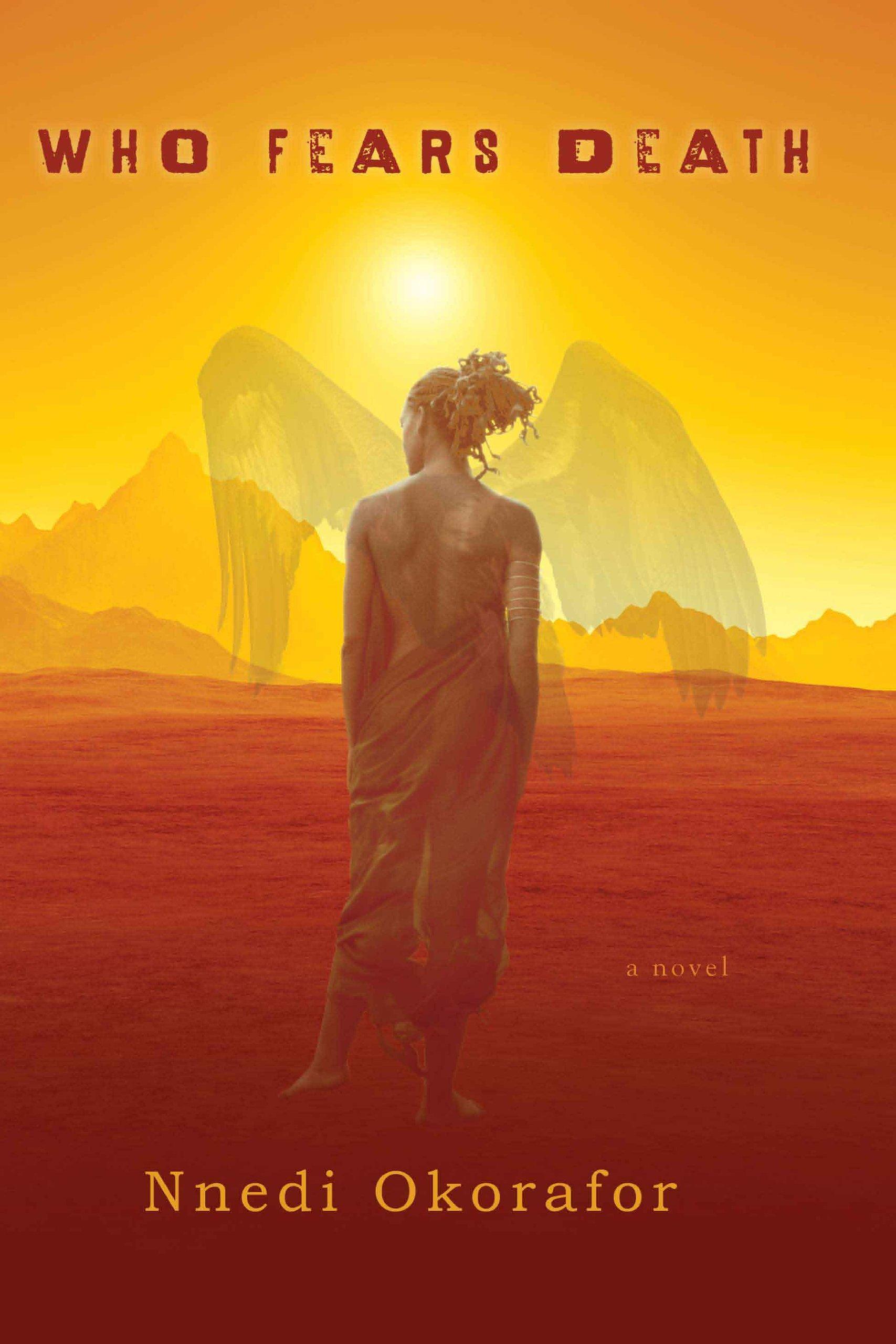


The novel’s protagonist, Onyesonwu (which translates as “who fears death” from the Igbo language), is an Ewu, a child of an Okeke woman raped by a Nuru man. The novel’s narrative is set in a post-apocalyptic future version of Sudan, where the light-skinned Nuru oppress the dark-skinned Okeke. Who Fears Death will be an adaptation of the same-name novel, written by Okorafor, which, published in 2010, earned the Nigerian-born writer a Carl Brendon Kindred Award for an outstanding work of fiction dealing with race and ethnicity. Nnedi Okorafor’s Who Fears Death, currently in the pre-development stage at HBO, is hoping to do something similar from a world-building perspective. The movie also brought tons of incredible beauty to the silver screen and paved a broader path for Afrofuturism in the Mainstream. Beyond crushing box office sales, the movie received a generally favorable critical response for its appreciation of the richness and depth of the Black experience from a trans-continental perspective while also making solid references to social justice issues Black people have endured from the onset of the slave trade to today.

Sholgami managed to escape to Egypt, where he is receiving medical treatment after he was operated on without anaesthetic in Khartoum by his son, who is a doctor.2018’s Black Panther swept the box offices worldwide, earning more than $1.3 billion, simultaneously proving that a primarily Black cast could attract blockbuster-scale momentum. She said: “What happened to my grandparents was a crime against humanity, not only by the Rapid Support Forces (RSF), not only by the, but by the British embassy, because they were the only ones that could have prevented this from happening to my grandparents.” Sholgami’s granddaughter Azhaar, who grew up in Khartoum, said the embassy was a “maximum four steps away” from her grandparents’ home. The family said Sholgami’s wife was left to fend for herself and it was impossible for them to reach her in an area surrounded by snipers. He survived after being taken to a family member in another part of Khartoum. While he was away he was shot three times – in his hand, chest and lower back – by snipers. According to the report, Sholgami was not offered support to leave Sudan and was instead told to go to an airfield 25 miles (40km) outside Khartoum, crossing a war zone, to board an evacuation flight.įaced with starvation and with no water, Sholgami was forced to leave his wife to find help.


 0 kommentar(er)
0 kommentar(er)
